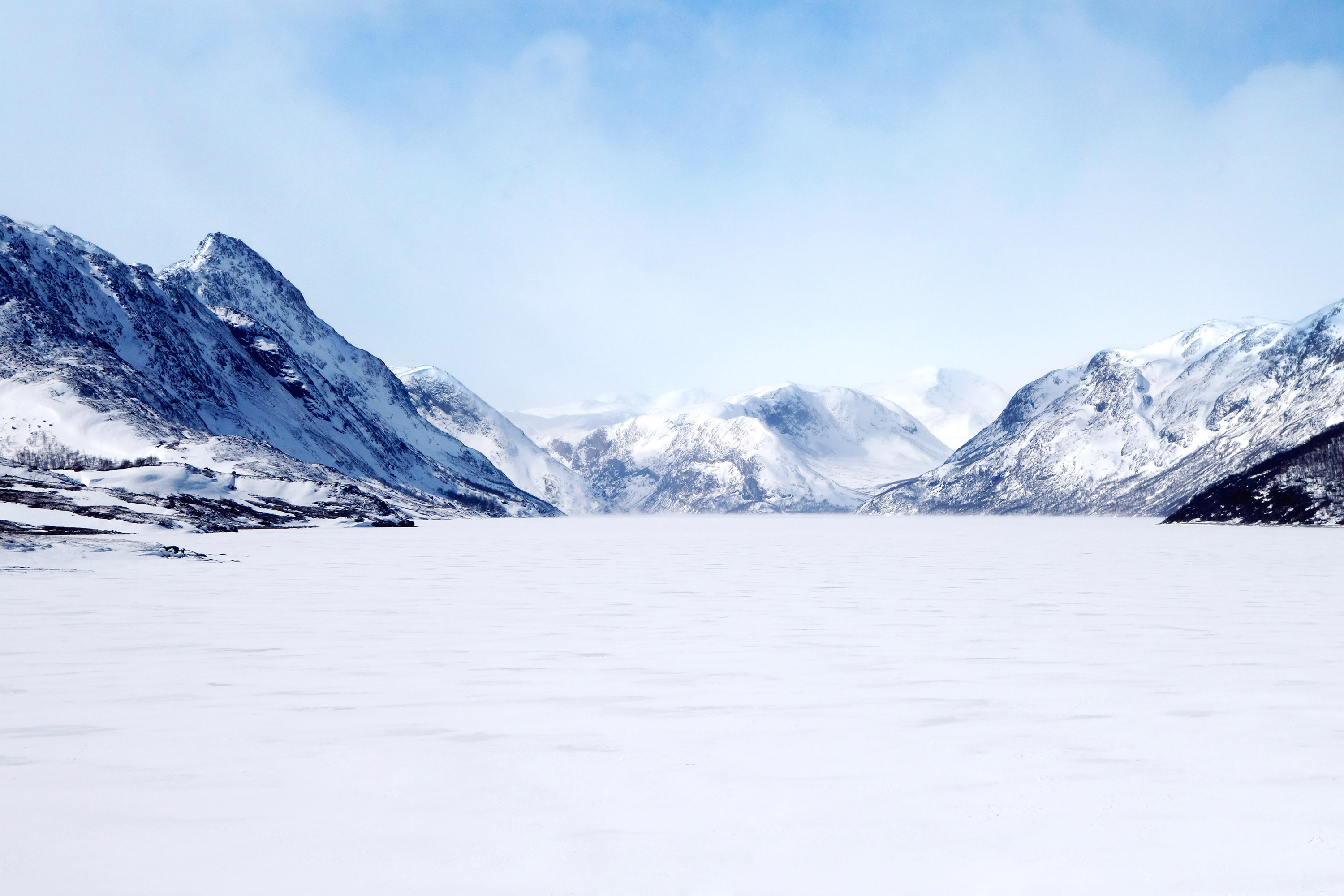Top Tips for Your First Ski Lesson: What to Expect & How to Prepare
Planning your first ski lesson is a thrilling step into the world of snow-covered slopes, crisp alpine air, and après-ski indulgence. Learning to ski might look intimidating at first glance, but a little preparation goes a long way in making your first experience enjoyable and memorable. Whether you're envisioning gentle glides or dramatic downhill swooshes, we’ve got you covered with these top tips.
1. Dress for Success: Ski Gear Essentials
First things first—what you wear can make or break your day on the slopes. Here’s what you’ll need:
- Base Layers: Opt for moisture-wicking thermal underwear and ski socks. Cotton is a no-go; it gets damp and cold quickly.
- Mid Layers: A fleece or light down jacket works wonders.
- Outer Layers: Waterproof and windproof ski jackets and pants are non-negotiable.
- Accessories: Don’t forget gloves, a helmet, goggles, and a neck warmer.
Pro tip: If you don’t want to invest in gear right away, rental equipment is your best friend.
2. Book a Lesson with a Professional
Even if your cousin’s best friend is an expert skier, booking private ski lessons or a group lesson at a ski school is worth every penny. Certified instructors know how to teach beginner skiing safely and efficiently. They’ll introduce you to the basics, such as putting on skis, navigating the bunny slope, and making those first glorious turns. You’ll also pick up some essential skiing etiquette—like why cutting in front of someone’s path is a major faux pas!
3. Understand the Lingo
Before you hit the slopes, familiarise yourself with some common skiing terms:
- Piste: A groomed trail or slope.
- Pizza: A beginner’s braking technique where you angle the tips of your skis together.
- Chairlift Etiquette: Know how to get on and off without chaos—your instructor will help with this.
- Carry Your Skis: You’ll learn how to handle a pair of skis with ease, avoiding unnecessary struggles.
Learning the lingo might not make you a pro overnight, but it’ll help you feel more at ease.
4. Fuel Up and Stay Hydrated
A day on the slopes can be surprisingly demanding. Start your day with a hearty breakfast rich in carbohydrates and protein to keep your energy levels steady. Pack a water bottle to stay hydrated—mountain air can be deceptively dehydrating. If there’s a cosy café nearby, treat yourself to a hot chocolate break. It’s practically a skiing rite of passage!
5. Expect to Fall—A Lot
Let’s set realistic expectations: falling is inevitable when you’re learning to ski. And that’s okay! The key is to laugh it off and get back up. Your instructor will teach you how to fall safely and recover with minimal effort. Don’t feel discouraged—even Olympic skiers started somewhere.
6. Consider Your Ski Transfers
One of the most overlooked aspects of a ski holiday is how you’ll get to the resort. Ski transfers are the perfect solution for stress-free travel. Transfer services offer seamless and comfortable transfers from major airports to ski resorts. By booking a transfer, you eliminate the hassle of navigating unfamiliar roads, dealing with snowy conditions, or deciphering foreign road signs.
Plus, you can sit back and admire the stunning winter landscapes as you’re chauffeured straight to your ski resort.
For those heading to popular destinations in France, consider a Geneva to Avoriaz transfer or a Geneva to Val Thorens transfer for a smooth and comfortable ride to your ski resort.
7. Pack Smart for the Slopes
A small backpack with a few essentials can make a world of difference. Consider packing:
- Sunscreen and lip balm (yes, you can get sunburned in the snow!)
- Extra gloves or socks
- Snacks like granola bars for quick energy boosts
- A phone or camera to capture your epic (or amusing) moments
- A map of the resort ski area for easy navigation
8. Enjoy the Après-Ski
Après-ski is as much a part of the experience as the skiing itself. Whether it’s a warm mug of mulled wine or a lively evening at a local bar, celebrate your first day on the slopes in style. You’ve earned it!
9. Make Safety a Priority
Safety should always be top of mind when learning to ski. Follow your instructor’s guidance and avoid slopes that are beyond your skill level. Ensure your helmet fits snugly, and check that your skis boots and bindings are correctly adjusted to release in case of a fall.
Pay attention to weather conditions and know when it’s time to call it a day. Taking these precautions ensures you can enjoy the experience without unnecessary risks.
10. Take It Slow and Have Fun
Skiing is as much about the experience as it is about technique. Don’t worry about tackling the steepest slopes right away. Embrace the learning process, enjoy the scenery, and celebrate small victories like mastering your first turn. With a positive mindset, every fall and every run becomes part of the adventure.
Your First Ski Lesson Awaits!
Embarking on your skiing journey is an adventure packed with fun, a touch of challenge, and unforgettable memories. By gearing up properly, booking professional lessons, and planning for smooth ski transfers, you’re setting yourself up for success.
Ready to hit the slopes? Check out our expert ski and snowboard lessons, with a choice of 250+ ski schools and instructors in the Alps. Your alpine adventure begins here!
